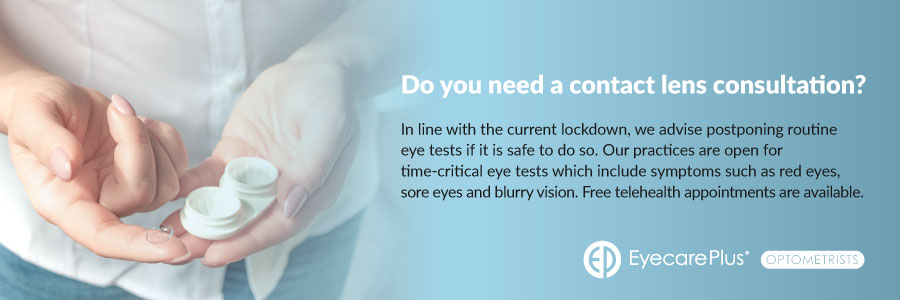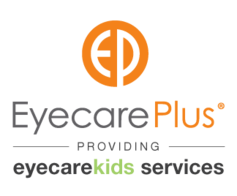Some patients ask us, “Why do I need a contact lens consultation when I already know my prescription from my current spectacles?”
Here’s what we tell them:
1. Prescriptions may differ.
Your spectacles’ prescription may differ from your contact lens prescription and can also differ with the contact lens design. Therefore, the optometrist will ensure that you have the correct contact lens prescription.
2. Eye curvatures vary per person.
Wearing contact lenses that do not match is like wearing a pair of shoes that are not your size. The curvature of the front of your eye must be matched with a suitable contact lens curvature for optimum comfort. This can be measured by the optometrist using specialized equipment. Wearing ill-fitting contact lenses may not only be uncomfortable; it can even cause irritation and damage to the front surface of your eyes.
3. Contact lens “behaviour” needs to be considered.
Every contact lens behaves differently, so the optometrist must check that the contact lens is centered correctly and moving adequately to allow tear circulation and oxygenation of the front surface of your eye.
4. To check for suitability.
Not everyone is suitable for contact lens wear. Some conditions such as severe dry eye, poor integrity of the front surface of your eye, or eye inflammation must be ruled out or managed prior to contact lens wear.
5. To minimise risk for complications.
Some complications may arise during contact lens wear and occasionally without any symptoms. In some cases, contact lens allergy can develop even after many years after wearing the same contact lens. This is why it is essential that you see your optometrist for regular contact lens aftercare assessments as advised by your optometrist or at 1 week after fitting, then 6 months, then yearly after that assuming there are no complications.
6. To help you select the better option.
New contact lens materials and designs are constantly emerging. Your optometrist keeps up-to-date with the different contact lens options and the latest brands and types. They can help ensure you are using the ones most suitable for your visual needs and lifestyle.

